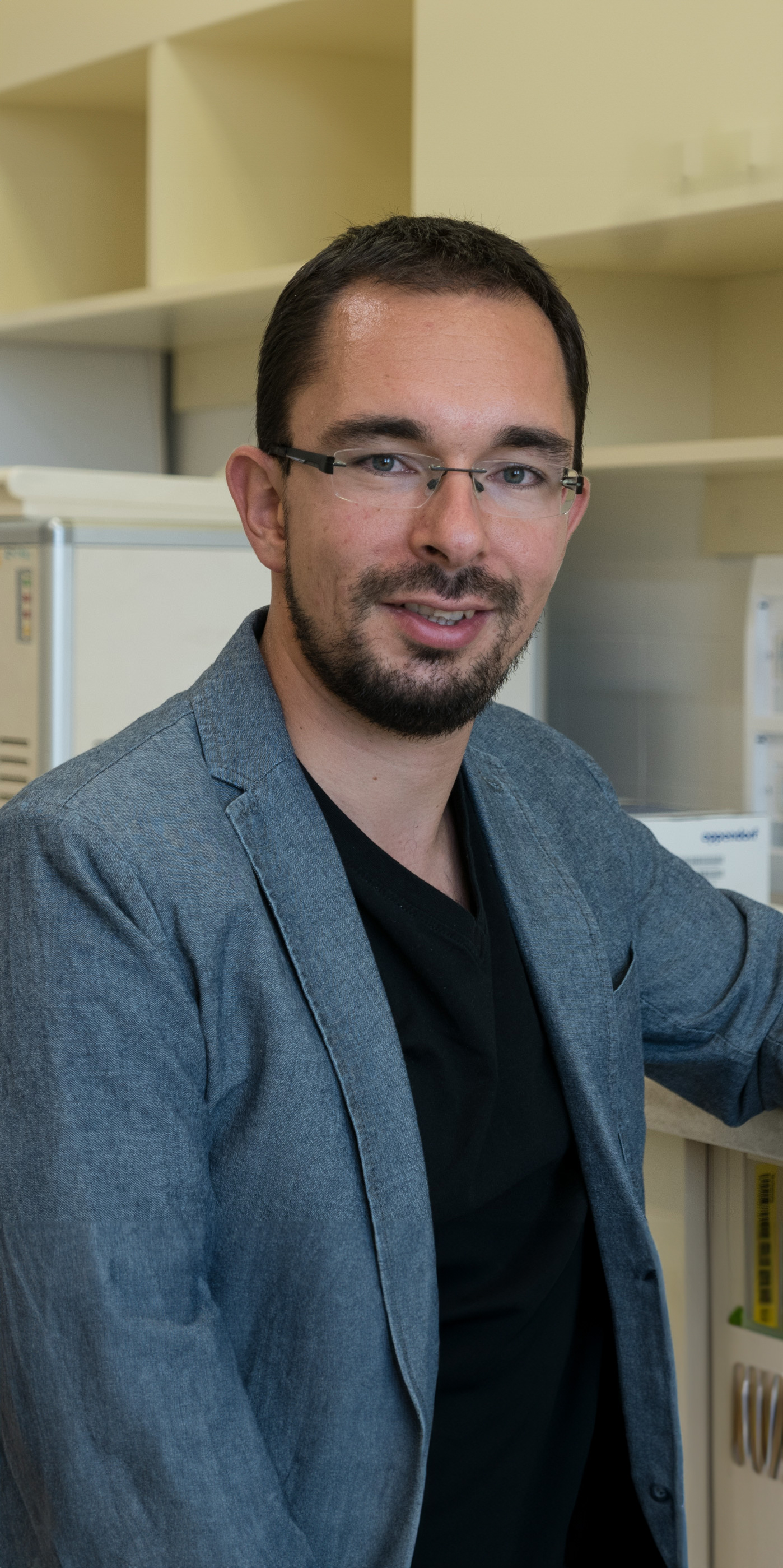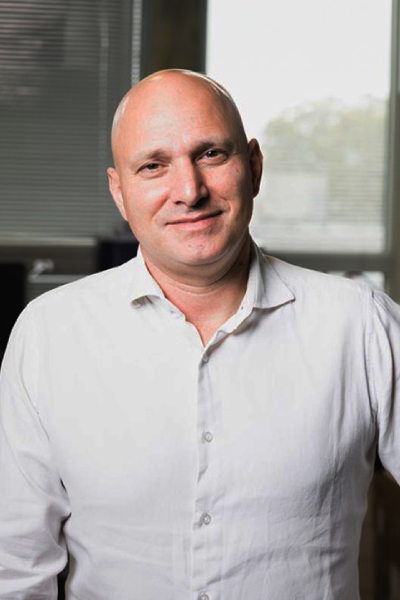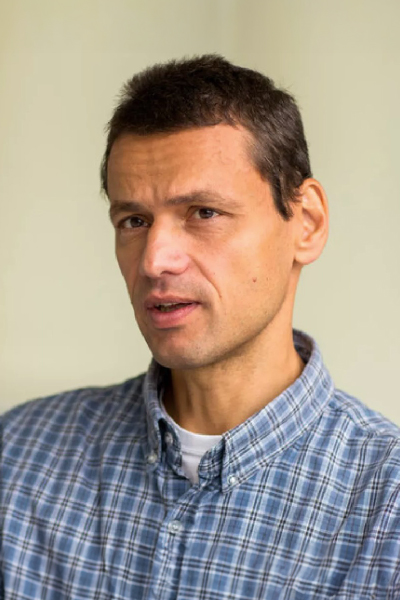Three HUN-REN Researchers Elected to Prestigious EMBO Membership
Three new Hungarian members of EMBO—László Nagy (HUN-REN BRC), Ádám Dénes (HUN-REN IEM), and László Csanády (HUN-REN–SU)—will now contribute to the work of the organisation as it celebrates its 60th anniversary. Founded on 12 July 1964, EMBO (European Molecular Biology Organisation) includes more than 2,100 researchers in life sciences, among whom 92 are Nobel laureates.
This year, 120 eminent researchers from 37 countries have joined the EMBO community, with 100 becoming full members and 20 associate members, contributing to the organisation’s objectives. It is particularly pleasing that all three new Hungarian EMBO members are affiliated with HUN-REN. László Nagy is a senior research fellow at the HUN-REN Biological Research Centre in Szeged, Ádám Dénes is a senior researcher at the HUN-REN Institute of Experimental Medicine, and László Csanády is Director of the Institute of Biochemistry and Molecular Biology at the Faculty of Medicine of Semmelweis University and leader of the HUN-REN–SU Ion Channel Research Group.
László Nagy, who joined Academia Europaea two years ago, and his research group investigate the relationship between multicellularity, complexity, and genome evolution using fungal model organisms. The emergence of multicellular, macroscopic structures and organisms is one of evolution's greatest innovations, fundamentally transforming the Earth's surface and enabling, among other things, the evolutionary process that led to humans. Since its establishment in 2014, the HUN-REN BRC Fungal Genomics and Evolution Research Group has made numerous breakthroughs in understanding fungal multicellularity, enhancing our knowledge of general phenomena associated with evolutionary complexity. Fungi, with their fruiting bodies exhibiting complexity akin to simpler animals and plants, not only serve as valuable model organisms in evolutionary biology but also underpin various modern biotechnological applications.

Ádám Dénes, a researcher at HUN-REN IEM, and his Neuroimmunology Research Group were the first to reveal the role of microglial cells in regulating cerebral circulation and neurovascular coupling. This discovery is pivotal for understanding the mechanisms behind cerebral circulation disorders, which often underlie neurodegenerative diseases such as stroke, Alzheimer’s disease, Parkinson’s disease, epilepsy, and dementia. "For me, membership is first and foremost a great honour and an opportunity to bring neuroimmunology research to the forefront of the leading European organisation in molecular biology. I believe that neuroimmunology can help cure many common neurological diseases, as immune-neurological interactions play an important role in almost all neurological disorders," the researcher commented in an article on the IEM website.

László Csanády, a medical biologist and Director of the Institute of Biochemistry and Molecular Biology at Semmelweis University, leads the HUN-REN–SU Ion Channel Research Group. The transport of inorganic ions between the cell and its environment is essential for cellular function. However, the cell membrane is impermeable to ions, necessitating their regulated transport through specialised protein pores known as ion channels. Dysfunction in these proteins can be the cause of many diseases, for example, they can disrupt the generation and conduction of impulses in the heart and nervous system or disturb the salt and water balance in various epithelial tissues. László Csanády's group investigates the structure and function of two such ion channel proteins.


